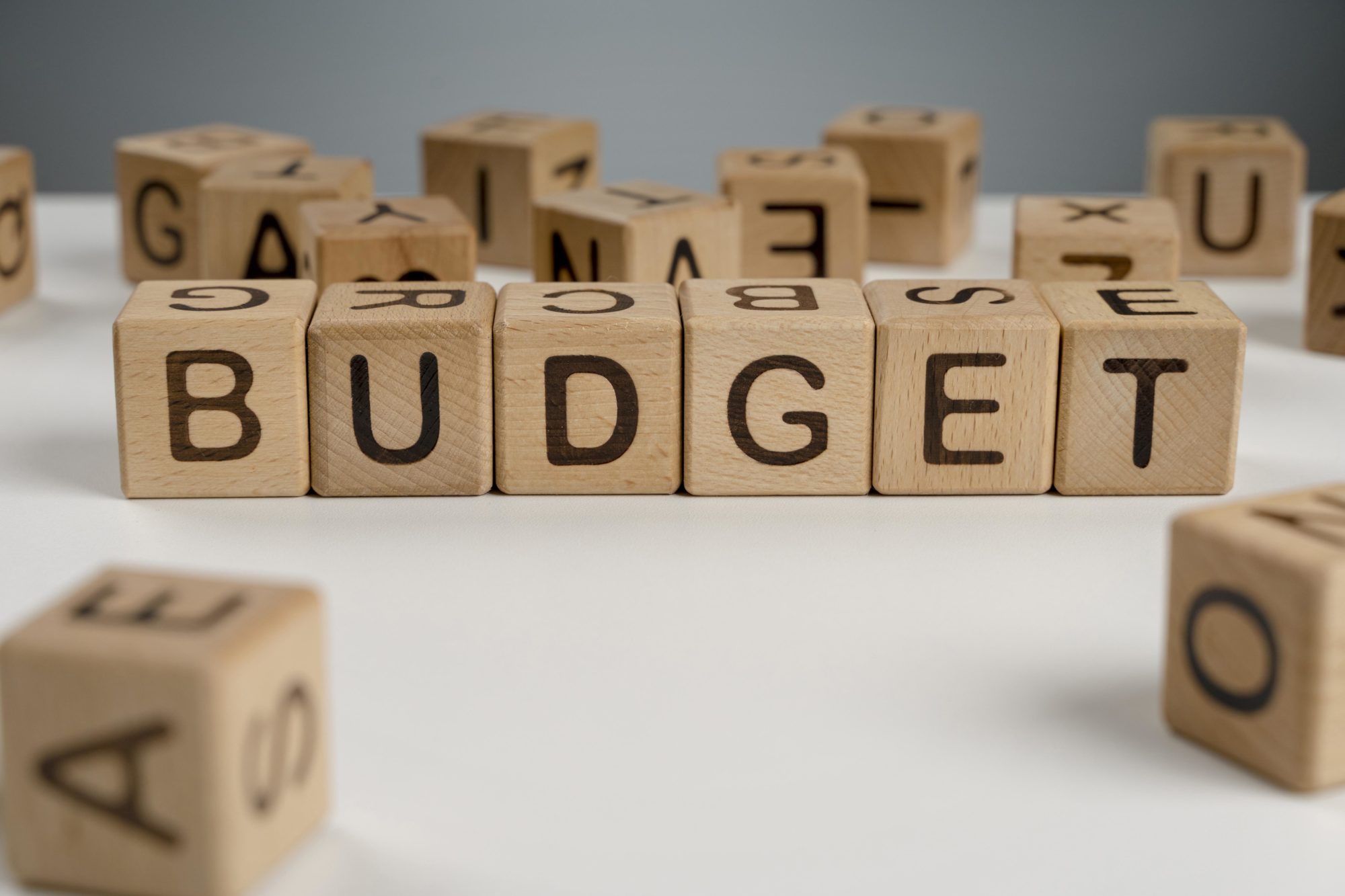
The basic rate of tax will be cut from 20p to 19p from April 2023, a year earlier than expected. Also from April 2023, the 45% top rate of tax paid by those earning in excess of £150,000 will be abolished meaning that the highest rate of tax will be 40% for all.
The 1.25% increase in NI, which has been in force since April has been reversed, with effect from November 2022.
The proposed increase in the Corporation Tax from 19% currently to 25% has been cancelled.
No Stamp Duty to be paid on the first £250,000. First-time buyers currently pay no Stamp Duty on the first £300,000 of a property. This will now be increased to £425,000 with immediate effect.
The proposed increase to beer, wine, cider and spirits has been cancelled.
If you have any questions about these matters, please do not hesitate to contact a member of the team by filling the contact form.





